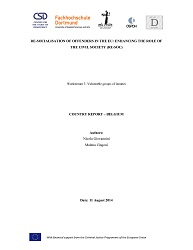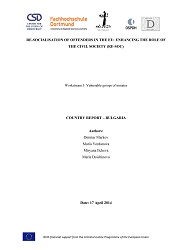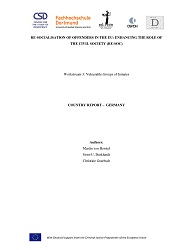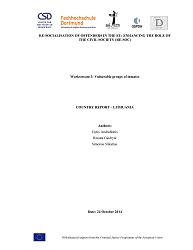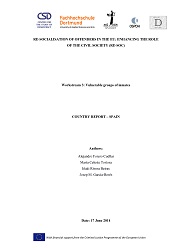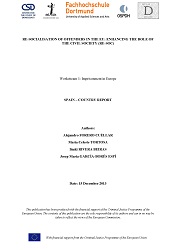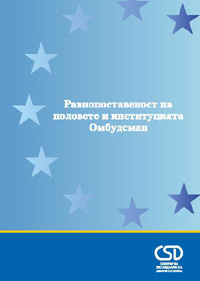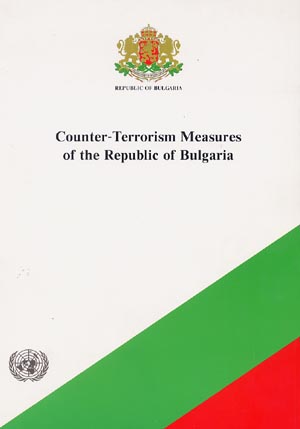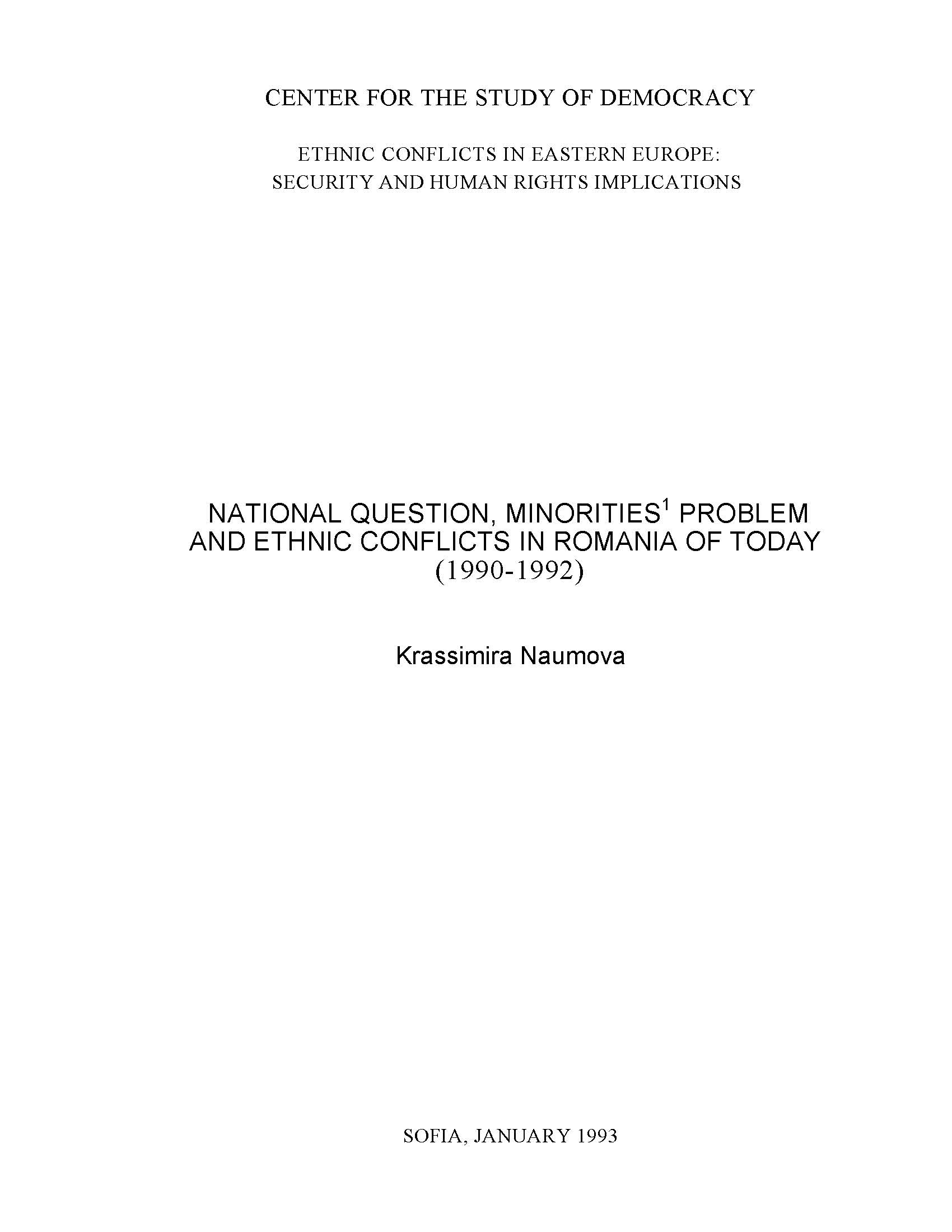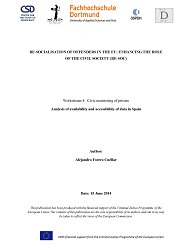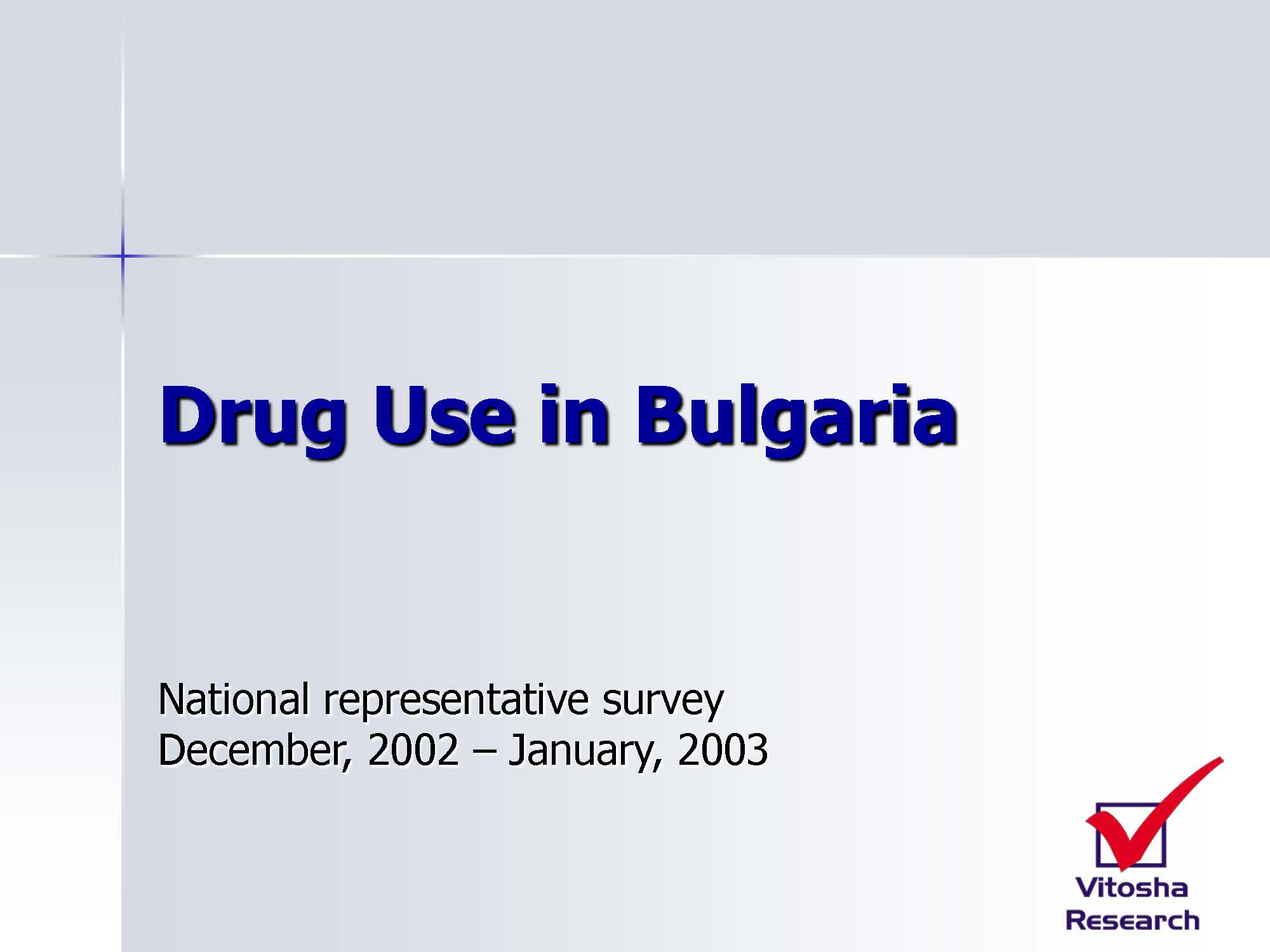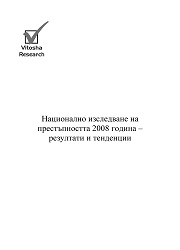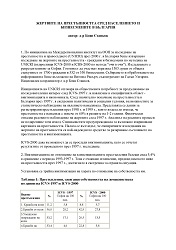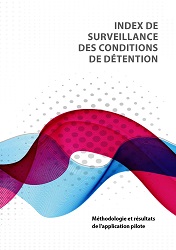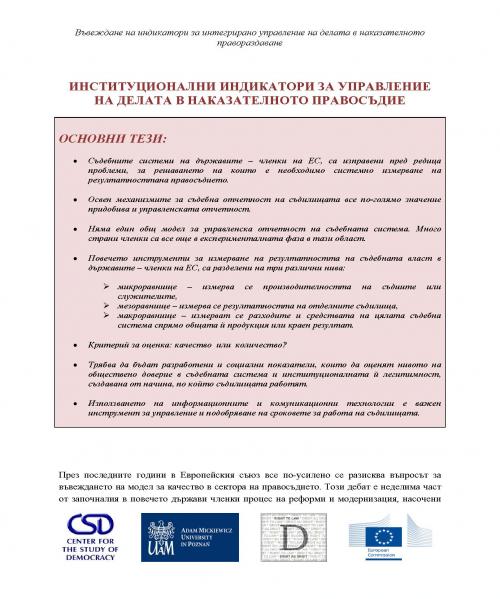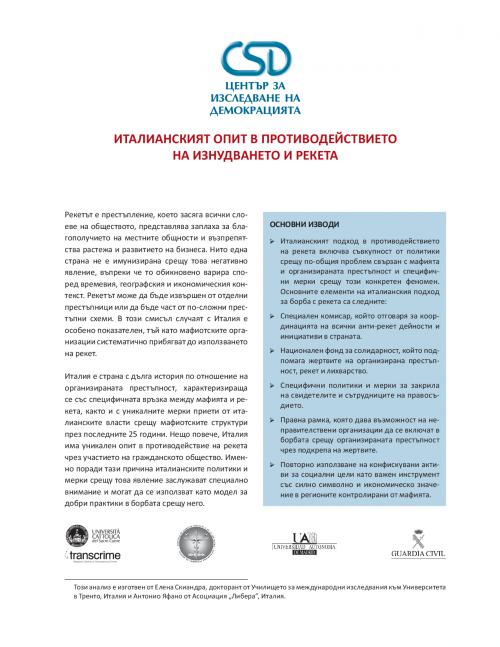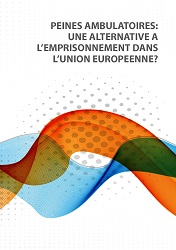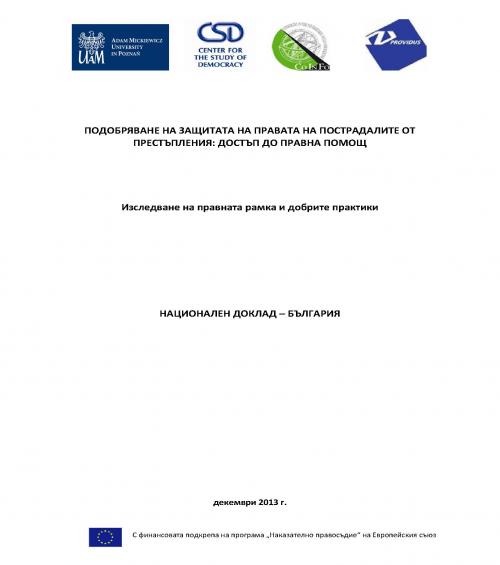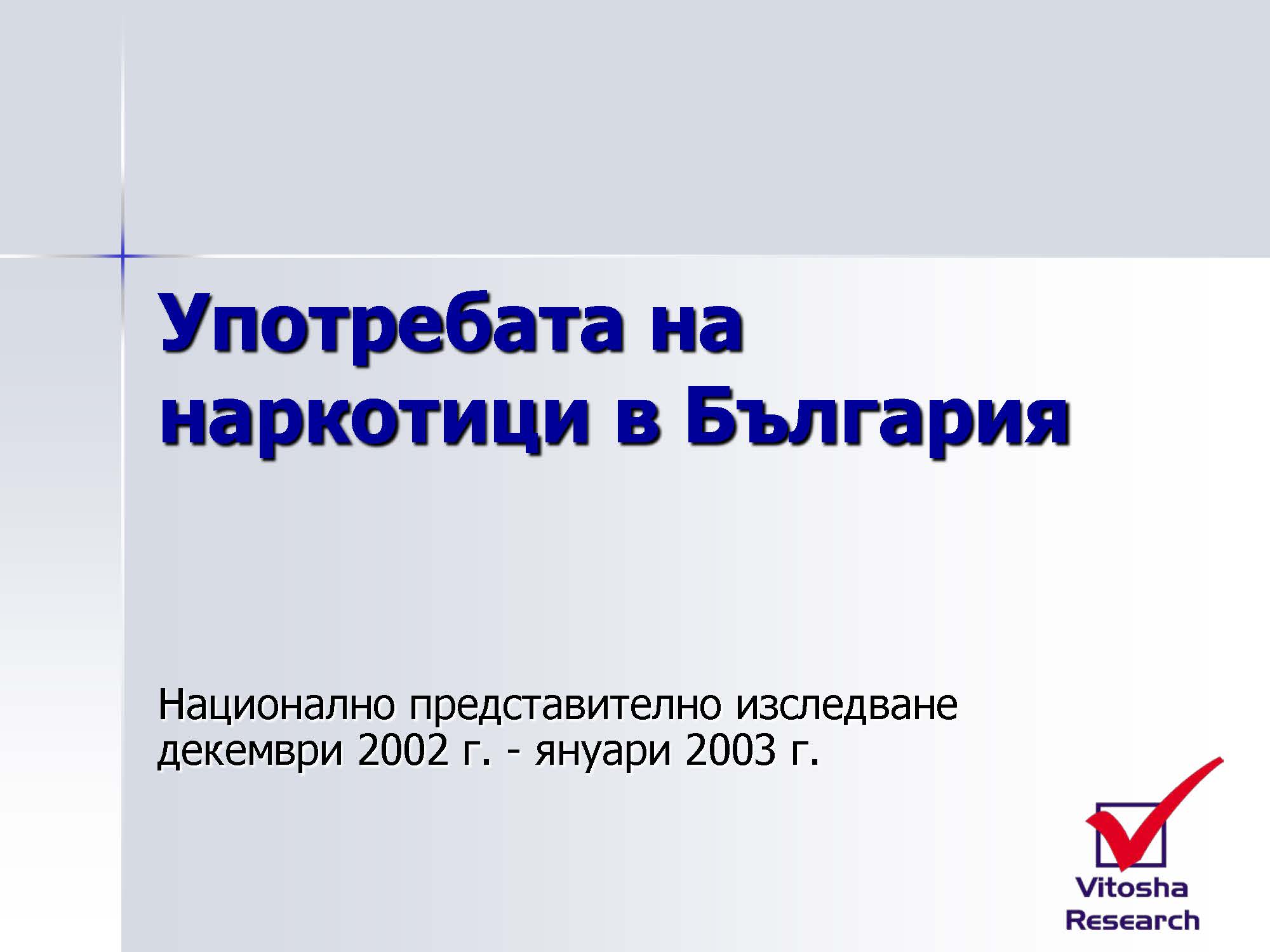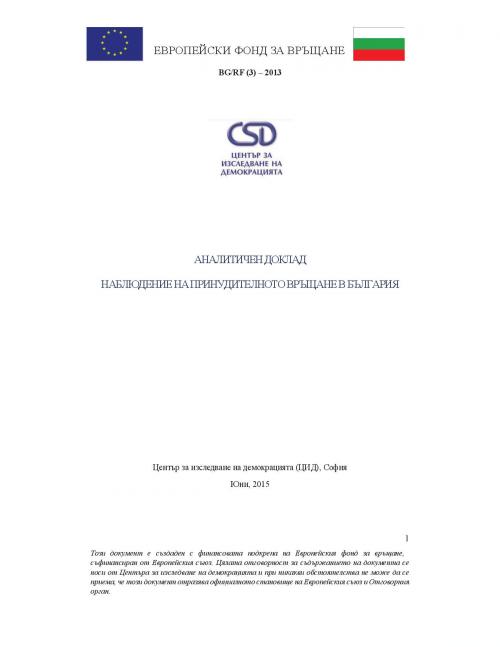
Аналитичен доклад: Наблюдение на принудителното връщане в България
The governance of migration flows largely depends on the development of an effective system for returning illegally staying foreigners. Forced return is seen as a "last resort" in the fight against illegal migration and should be subject to the principles of proportionality and not exceeding the reasonable force. In this regard, there is agreement that the monitoring not only brings openness and clarity on the conditions and treatment, but represents an additional guarantee for the return of persons, including those with special protection needs. In this context, the introduction of an independent and effective monitoring mechanism is a key aspect for the development of the overall framework for forced return in accordance with Directive 2008/115/EC. The aim of the developed Analytical report: Monitoring of the forced return in Bulgaria is to present an analysis on the existing legal and institutional framework in the area of forced return in Bulgaria and to make general recommendations for the development of a national mechanism to forced return monitoring. This Analytical report is developed within the Annual Programme 2013 in scheme grants BG / RF (3) - 2013 "Forced return monitoring" by the Center for the Study of Democracy.
More...
